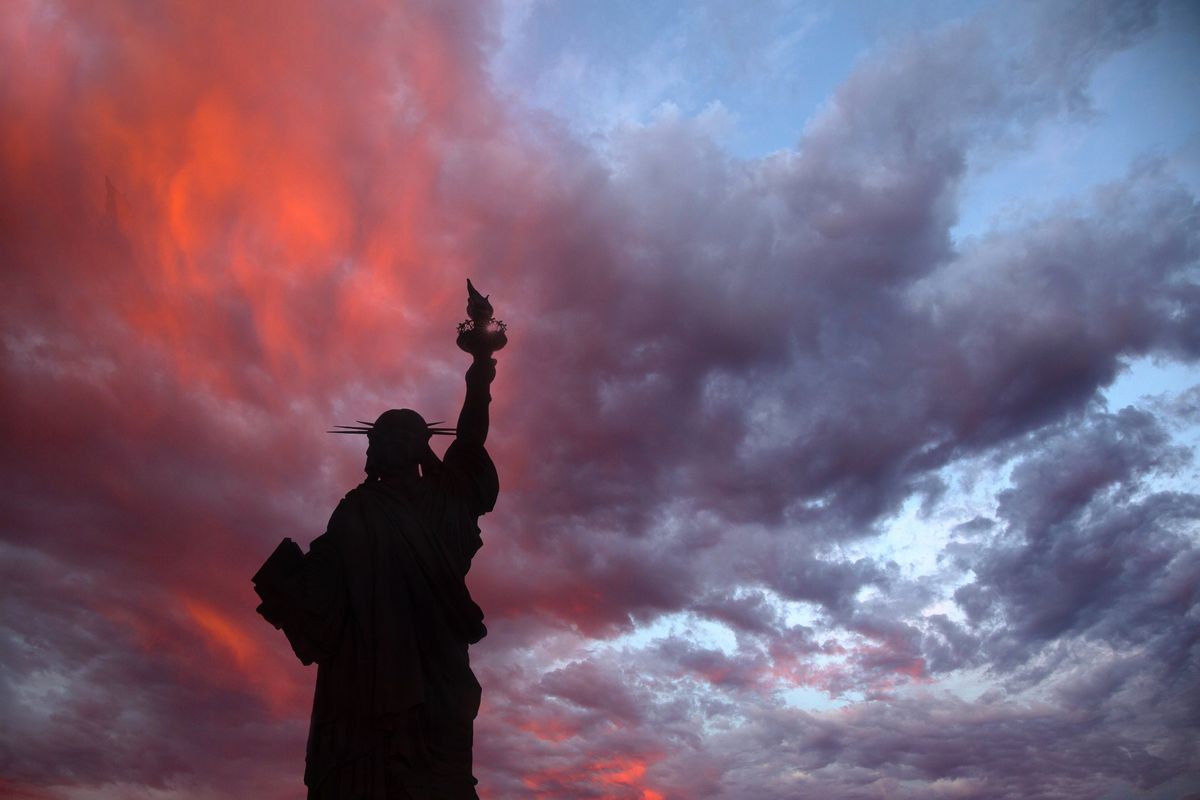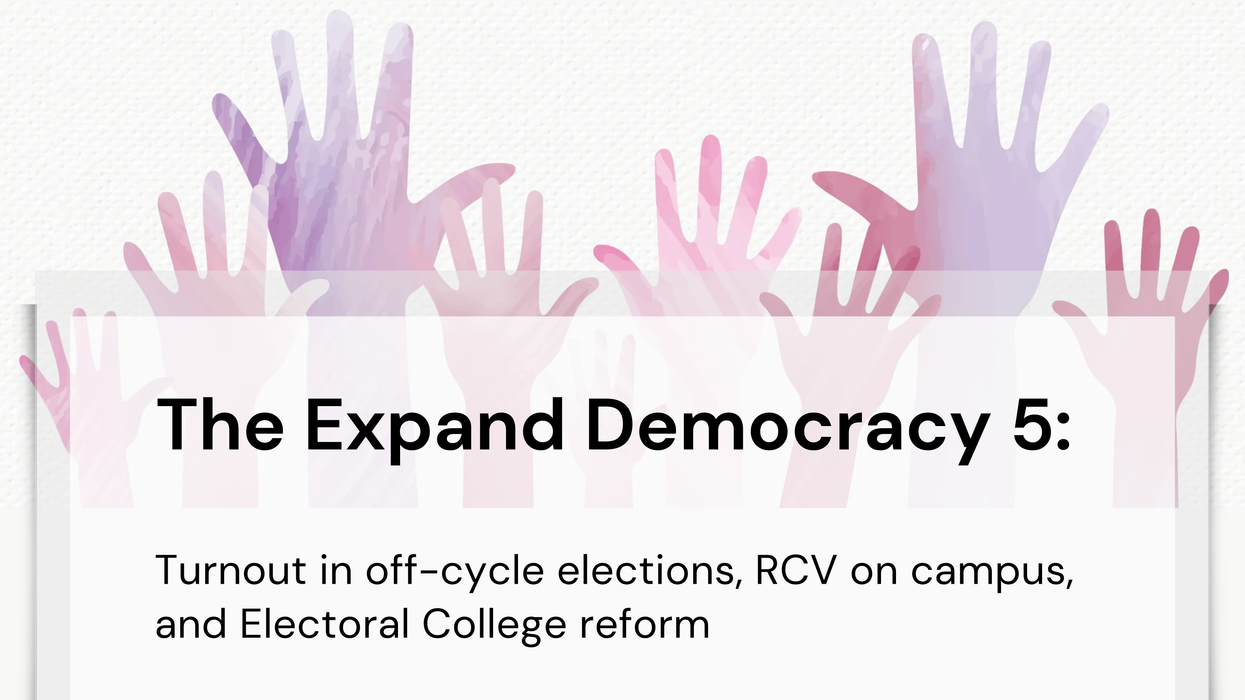Americans are dissatisfied with government mainly because they view it as unresponsive to the needs of average citizens, not because they're turned off by the partisanship or depressed by the dysfunction, a two-year-long survey has found.
An astonishing 89 percent of respondents said they view the government as being run by a few big interests looking out for themselves instead of "for the benefit of all the people" – a record high compared with similar surveys since the Great Society. (The figure was at 64 percent just a decade ago.)
In addition, 89 percent of voters also described Congress as being run mainly with lawmakers' own political well-being in mind and "not about what is good for the country," while 90 percent agreed with the view that elected officials are more interested in appealing to their campaign donors than addressing "the common good of the people."
Finally, an overwhelming 88 percent say Congress would be more likely to find common ground if the public's views had more sway on senators and House members.
The surveys of 16,525 registered voters was conducted between December 2016 and the week before last November's election, using five different time periods for phone calls and mailings. It was run by the Program for Public Consultation at the University of Maryland in collaboration with two nonpartisan organizations, Voice of the People and Common Ground Solutions, and released last week.
Sign up for The Fulcrum newsletter
"In both 2016 and 2018 outsider candidates like Donald Trump, Bernie Sanders, and Alexandra Ocasio-Cortez were buoyed by their claim that they would listen to the people over special interests and their parties," said the director of the poll, Steven Kull. "Voters may well be looking for candidates with that message in the 2020 election as well."
The two advocacy groups took part in the survey in part to promote their favorite idea for bolstering democracy – encouraging more lawmakers to form what they have dubbed "Citizen Cabinets," representative samples of their constituents whom they consult routinely for input on legislative priorities and policy positioning.
Nine in 10 respondents reacted favorably to this concept. And78 percent of Republicans and 90 percent of Democrats signaled they would consider voting for a candidate of the other party who would commit to formalizing such an advisory board, which the advocacy groups envision would receive regular briefings and hear debates on policy proposals before making their recommendations.
A report accompanying the poll detailed results of a pilot project, engineered by the University of Maryland, that tested the Citizen Cabinet concept in nine states during the past two campaign seasons. Bipartisan majorities agreed on proposals for reshaping immigration, budget, Social Security, Medicare, poverty, energy, environment and criminal justice policies.




















